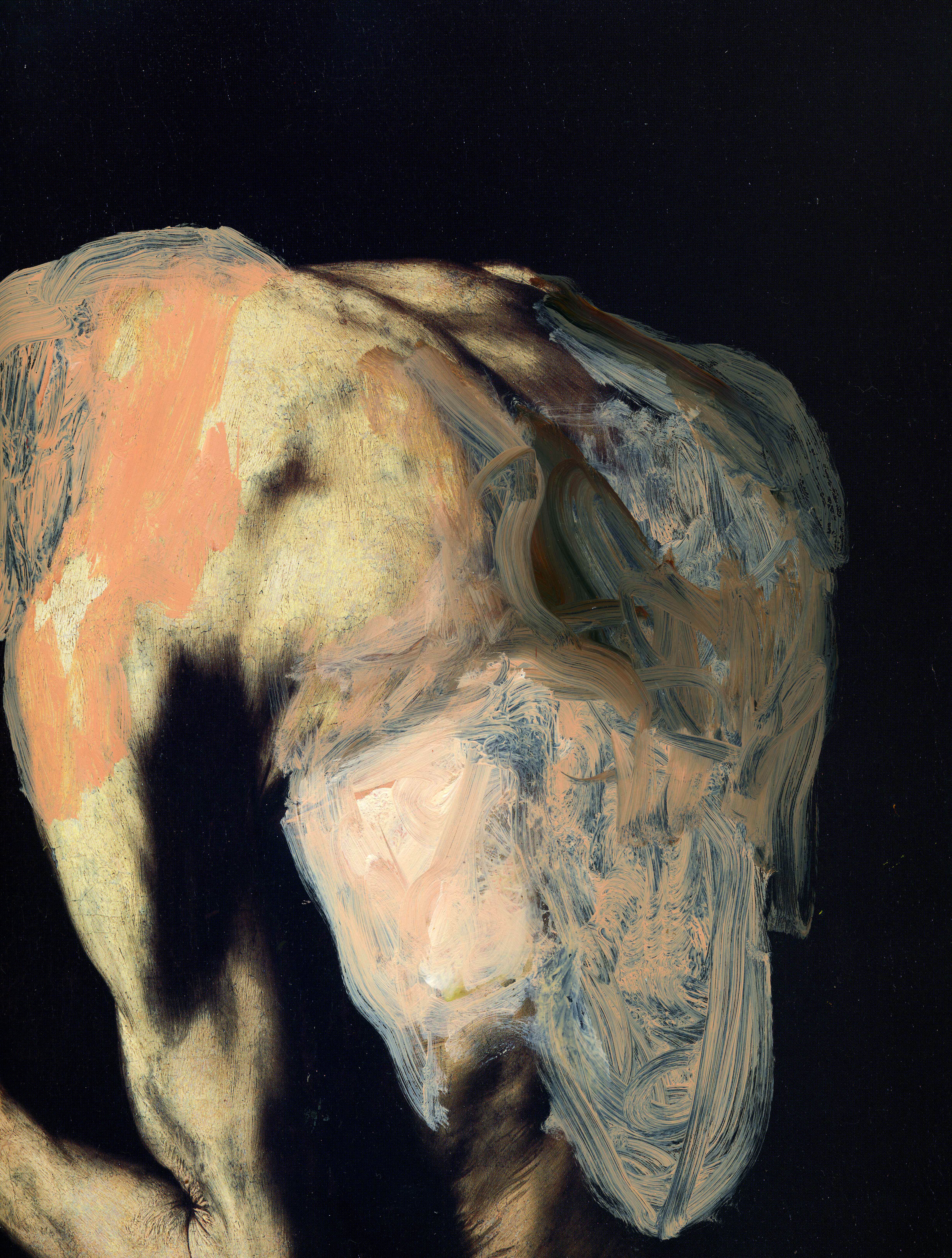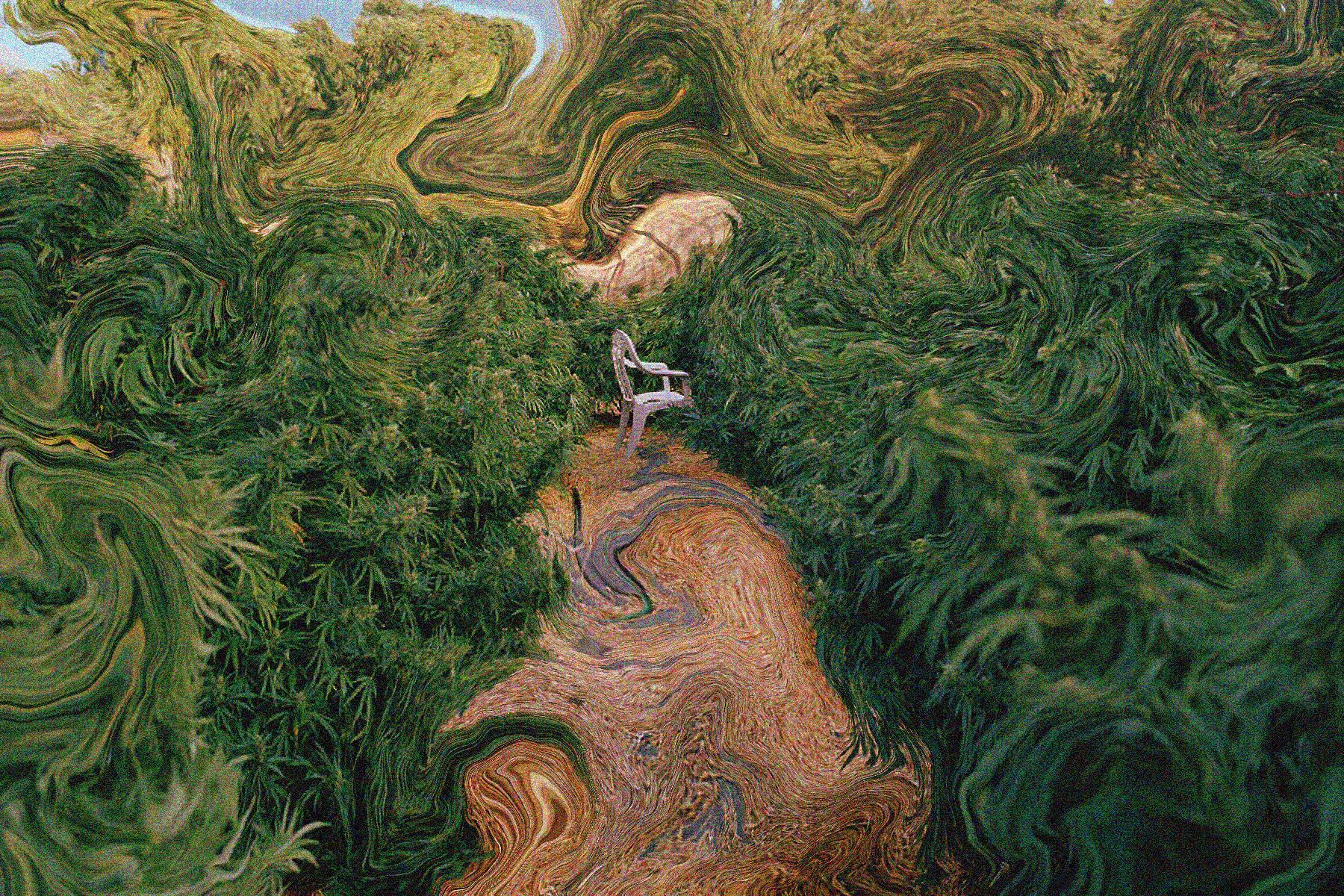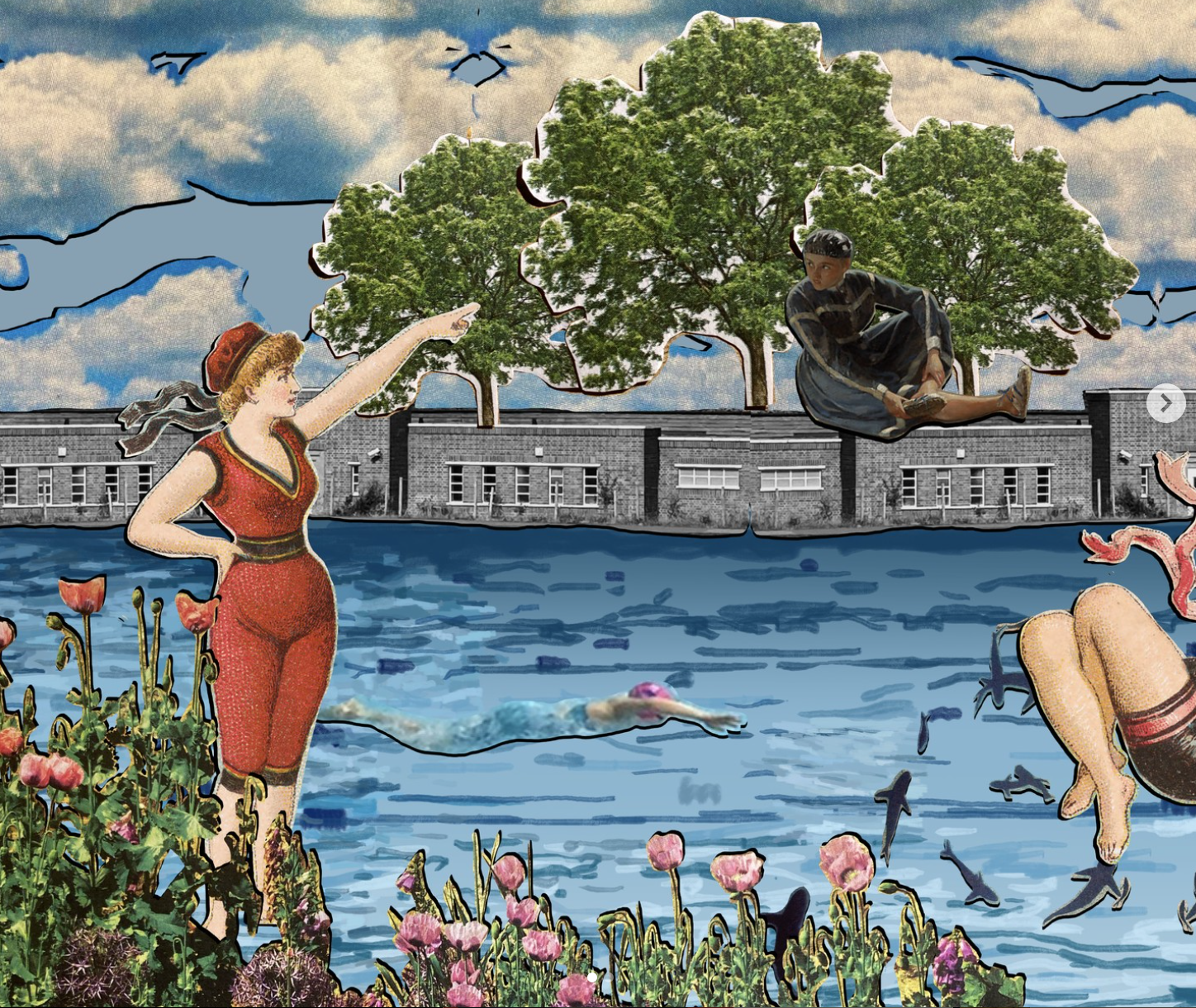
‘Fiction’s about what it is to be a fucking human being’ [David Foster Wallace]. Is it?
Fucking Being To fucking be or not to be fucking. When so much writing – from song lyrics to medieval poetry – is concerned with sex (the giver, the receiver, the lack, the lust), I wonder whether it is possible to write, not about ‘what it is to be a fucking human being’ but rather about ‘what it is to fucking be a human being’ – or whether there’s a difference. The second version resonates with the emphasis on the verb while the first leans on the expletive. Because it is the expletive, of course, that makes Wallace’s sentence his. Take it away, and he has uttered a platitude. ‘Fiction’s about what it is to be a human being’ is not funny or dangerous; if anything, it is flaccid.
Wallace, however, chose a word with vivid associations: not ‘bloody’ humanity (which few would take literally) or even ‘damned’ humanity (Biblical, outdated), but ‘fucking’. His language, it seems, is not present and contained, but uniquely aggressive. As an intransitive verb, ‘fucking’ indicates a mutual act, but in its more common, transitive form, it takes an object, grammatically and sexually. It is this forcefulness that colours Wallace’s statement. His language is equal parts casual, crass, subtle, and savage. It is the language of a person who takes fiction by the throat.
Fiction, to Wallace, is not about ‘human experience’, sans expletive, or even about what it is to be a ‘sexual human being’. It is about the human animal and the human animal’s ability to write about itself. I come to my conclusion thus: without their skill for introspection and self-projection, human beings are simply yet another species of animal, ‘fucking’ and eating and dying ad infinitum. Fiction, in such a case, would be obsolete, because fiction is concerned with the fabrication of an imagined Other. The sexual animal does not need the imagined Other, but the rational and creative human being does. And so, Wallace has presented us with an oxymoron: the ‘fucking human being’ can be both ‘fucking’ and ‘human’ precisely by virtue of its ability to describe its own existence. We might even boil Wallace’s words down to a tightly inverted truism: fiction celebrates the human animal’s ability to write fiction.
Image: Joseba Eskubi







